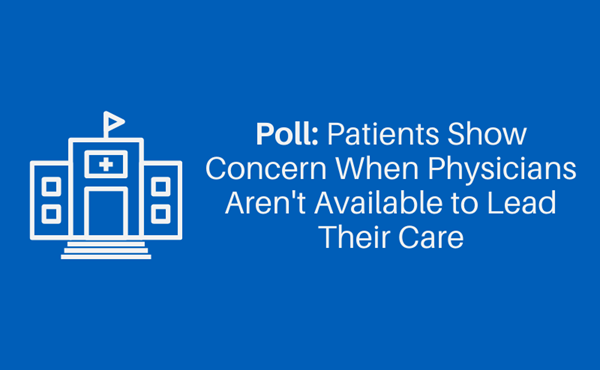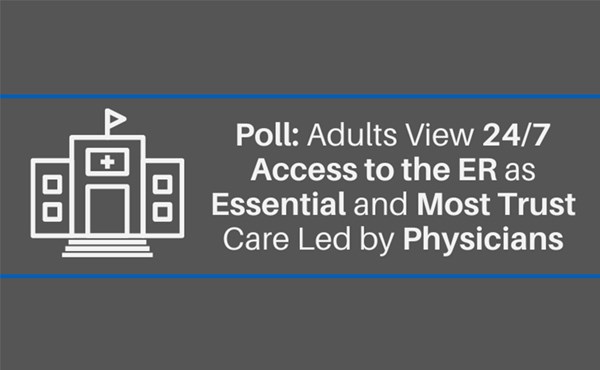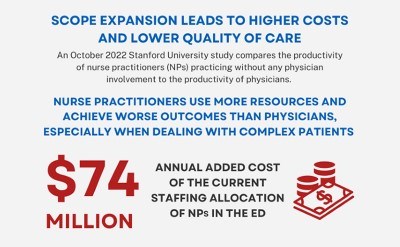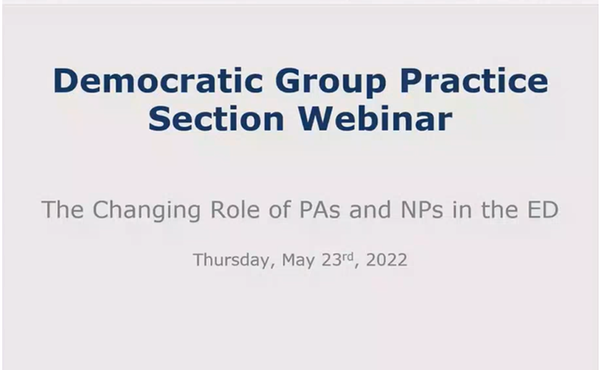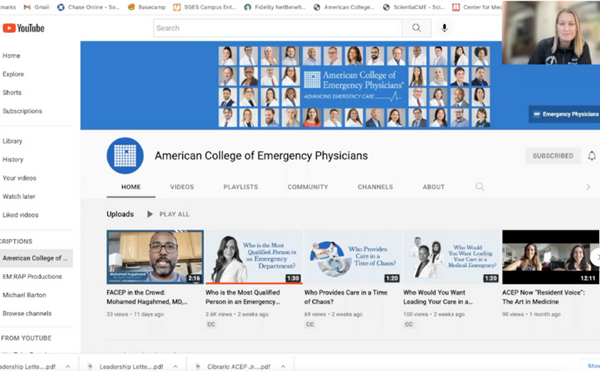Many hospitals are responding to resource constraints and staffing challenges by allowing nonphysicians—like physician assistants or nurse practitioners—to perform complex medical procedures without supervision.
ACEP believes that an emergency physician should lead every emergency care team in the country. Physician assistants (PAs) and nurse practitioners (NPs) are integral and valued members of the care team. But they do not have the training or expertise of an emergency physician. Regardless of where a patient lives, anyone who goes to the emergency department deserves access to the highest quality care delivered by emergency physician-led teams.
Campaigns
ACEP is making it clear: there is no substitute for a licensed, trained, and board-certified emergency physician. ACEP has launched a campaign to educate patients and policymakers about the importance of physician-led care teams.
Advocacy
ACEP advocates at the state and federal levels for policies that prioritize emergency physician-led teams in the emergency department. We are working to establish commonsense principles for model state legislation and best practices for scope of practice in the emergency department as we fight back against bills that would expand the scope of nonphysicians.
There have been more than 70 bills introduced in state legislatures seeking to expand scope of practice for nonphysician health care professionals across medical specialties and functions, according to the National Conference of State Legislatures.



